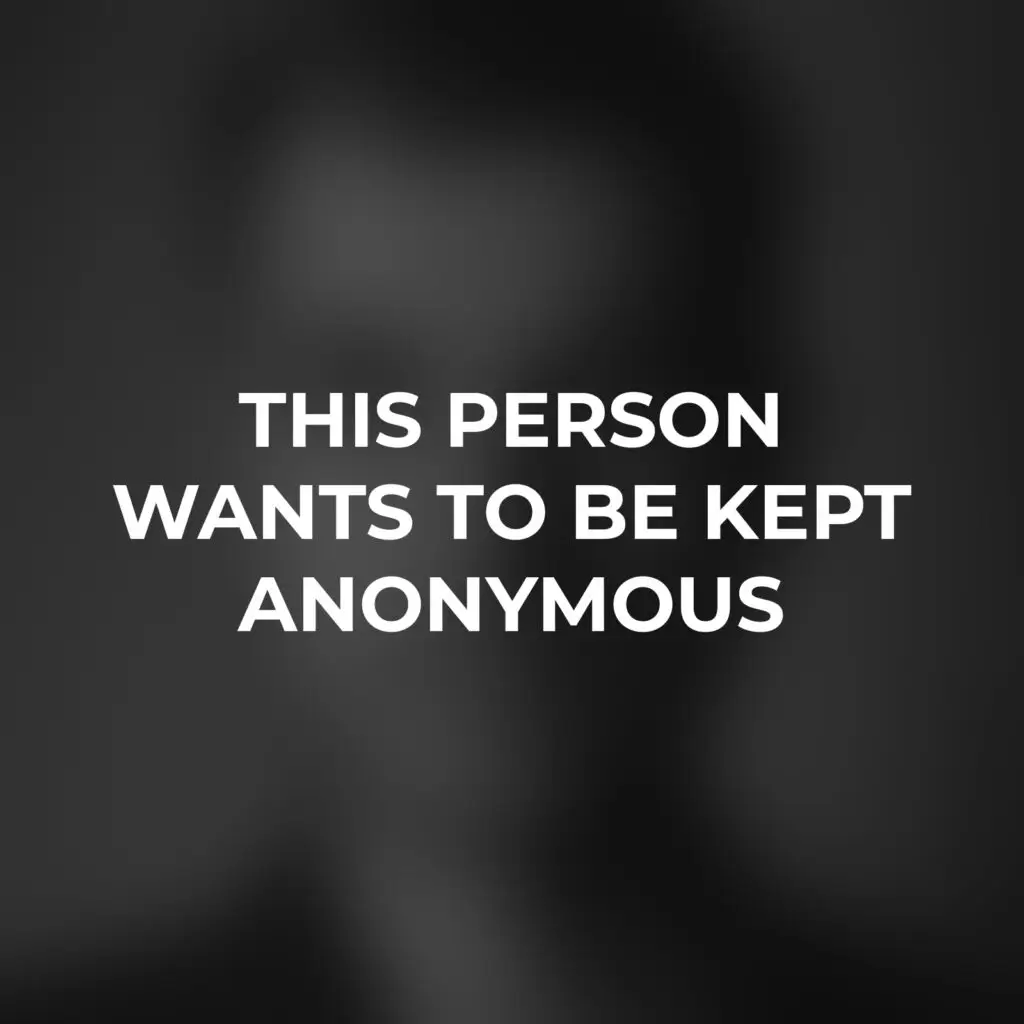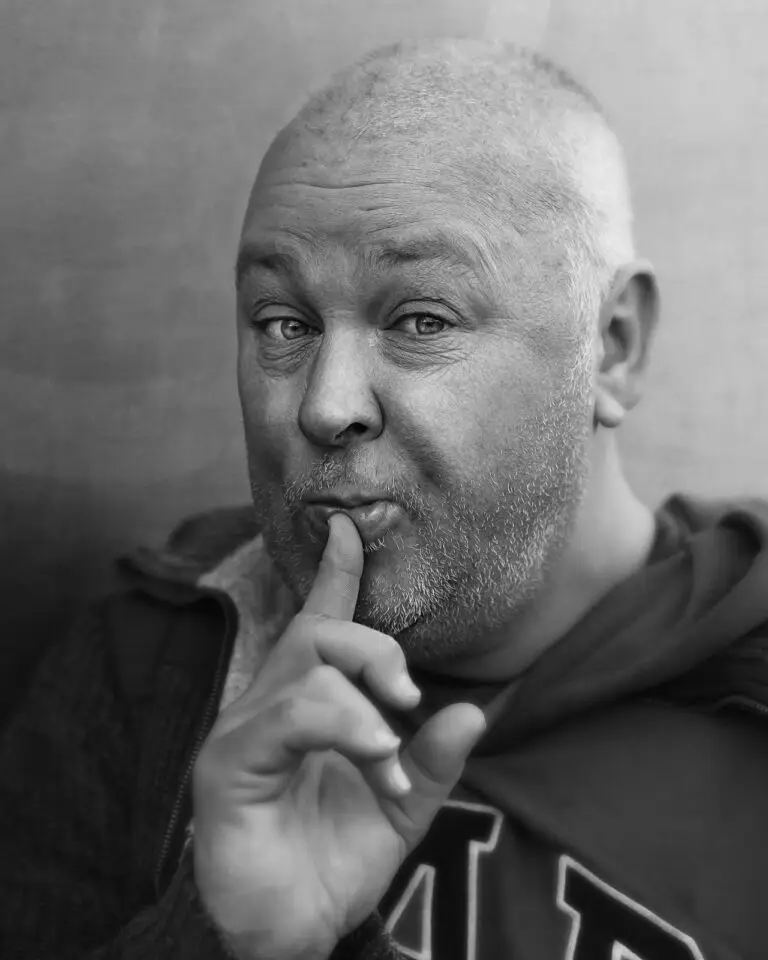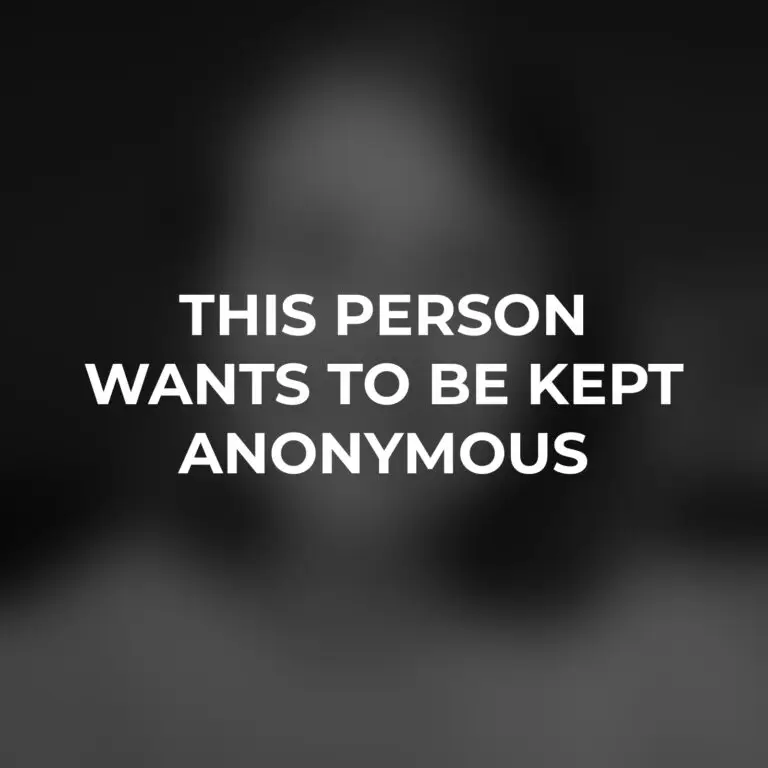Before I got struck down by ME, I was doing alright for myself as a management accountant. I’d worked my way up, was a postgraduate student, and had landed some decent jobs with big companies up North. Life was on track, or so I thought, with my career going just the way I’d planned.
Then my health started to go downhill, and everything changed. Suddenly, I couldn’t keep up with the demands of the job. My energy was gone, and even the simplest tasks became too much. I knew I needed help, so I turned to the benefits system, thinking it would give me a bit of a lifeline. But what I walked into was a right nightmare.
The whole process was a right pain. Endless forms to fill out, daft assessments, and having to prove something that, to me, was glaringly obvious—I couldn’t work like I used to. But no matter how much proof I gave them, they kept knocking me back. Each time they rejected my claim, it felt like a proper slap in the face, like they were saying my struggle didn’t count or that I wasn’t worth helping. It was heartbreaking, and to be honest, it made me fuming. I’d paid into that system for years, thinking it’d be there for me if I ever needed it. But when I was at my lowest, it felt like they just shut the door on me.
By 2009, with no money coming in, I had no choice but to rely on the goodwill of mates. I ended up sofa surfing, moving from one friend’s place to another. It wasn’t exactly what you’d call secure. I kept telling myself it was just a temporary fix, that I’d get back on my feet soon enough. But as the weeks turned into months, it really started to wear me down. Every night, I was grateful to have a roof over my head, but the fact that I didn’t have a place of my own was always there, hanging over me. I never knew how long I could stay in one spot, and the constant moving about just added to my stress.
Sofa surfing’s not just about finding somewhere to kip; it’s the constant worry about not having a proper home. Every night, I’d be thankful for my friends’ generosity, but I couldn’t shake the feeling that I was a burden. I’d go from one mate’s house to another, lugging my stuff in a few bags, never really settling in. There was nowhere that felt like mine, nowhere I could just relax and be at ease. And the lack of privacy was tough. Little things like having a bit of time to myself or knowing where I’d sleep the next night—those were luxuries I didn’t have.
The physical discomfort of sofa surfing was bad enough—sleeping on couches or makeshift beds in cramped living rooms—but the emotional toll was even worse. I felt like my life was in limbo, drifting from place to place with no real direction. I couldn’t make plans or put down roots because I never knew when I’d have to move on again. Even when I settled in, I knew it wouldn’t last, that any day I might have to pack up and go.
The instability made it hard to focus on anything else. It’s tough to think about the future when you’re not even sure where you’ll be sleeping next. The lack of a stable home was a constant reminder of how much my life had changed, and it was a deep source of frustration. I missed having a place that was mine, where I could close the door and feel at home.
But despite everything, I wasn’t about to let my situation get the better of me. I knew I had to keep my mind busy and find something to hold onto. So, I threw myself into volunteering. I got involved in leading groups for others in similar situations and worked with local initiatives. These roles gave me a chance to use my skills in a meaningful way, even though my career was on hold. It was a way to turn my frustration into something positive, to give back to the community, and to find some sense of worth, even with all the uncertainty and disappointment. Sofa surfing was knackering and soul-crushing, but I tried to focus on what I could control. I put my energy into the voluntary work, finding some comfort in the fact that I could still make a difference for others, even when my own life felt so up in the air. It wasn’t easy, and the frustration of not having a home was always there, nagging away at me, but I knew I had to keep moving forward, even if it was just one small step at a time.


